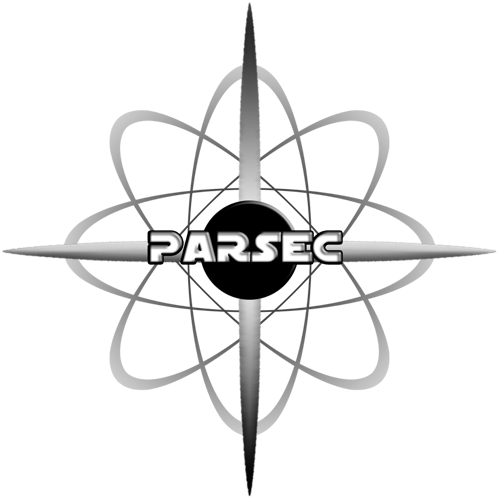A new and unique outreach initiative will be a partnership with local literary non-profit Parsec. Aiming to facilitate the cultural shift through storytelling, the upcoming edition of Parsec’s annual fiction anthology Triangulation will consist of short stories centered around the theme Dark Skies.
Excerpts from the Tartan (CMU paper):
Roughly half of the stars visible in the 1990s can no longer be seen in Pittsburgh’s night sky. The stars aren’t going anywhere — so why can’t we see the Milky Way? Light pollution — the presence of artificial light that interferes with the natural darkness of nighttime — is on the rise in Pittsburgh.
…Stephen Quick of the School of Architecture’s Remaking Cities Institute and Diane Turnshek of the physics department will lead a project using quadcopter drones to create a high-resolution light pollution map of Pittsburgh, as the city seeks to evaluate the light pollution impact of new street lamps. In addition to the International Dark Sky Association, Quick and Turnshek will be working with the City of Pittsburgh and the Amateur Astronomers Association of Pittsburgh to implement the project and raise awareness for issues of light pollution within the city. …
Aiming to facilitate the cultural shift through storytelling, the upcoming edition of Parsec’s annual fiction anthology Triangulation will consist of short stories centered around the theme Dark Skies. Additional information about dark sky initiatives in Pittsburgh can be found at pghconstellation.com and idapgh.org.
